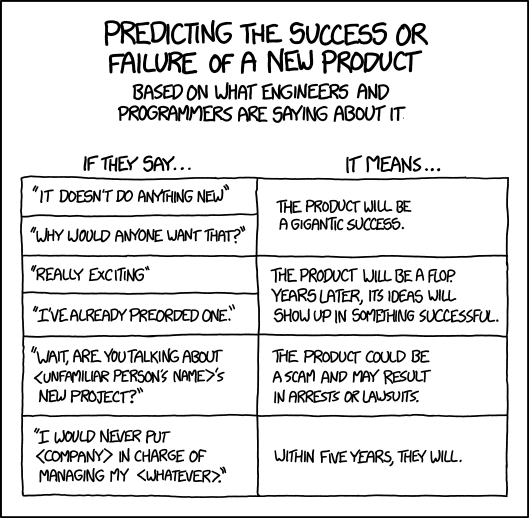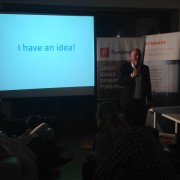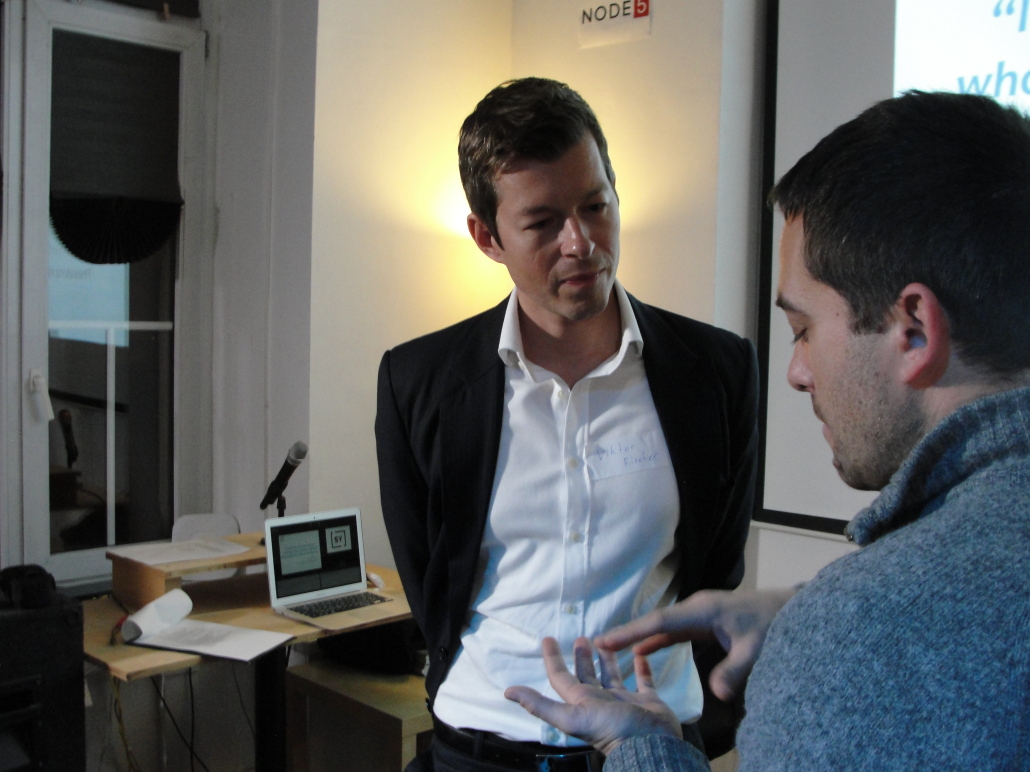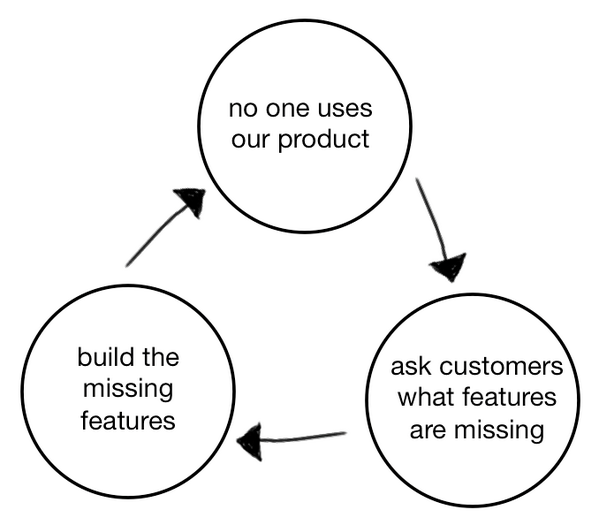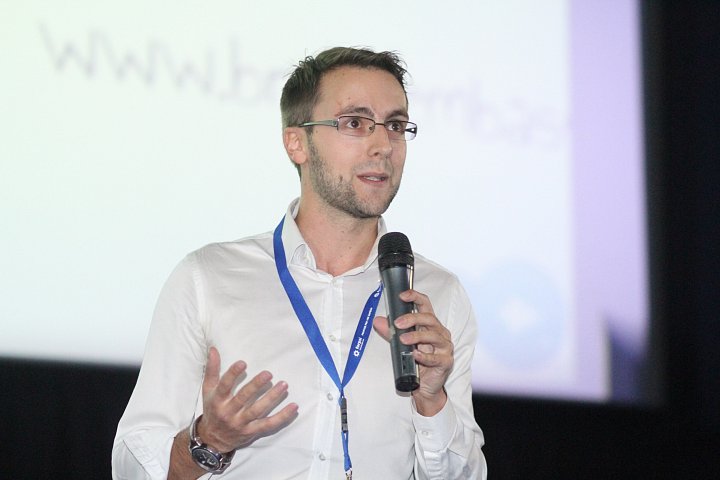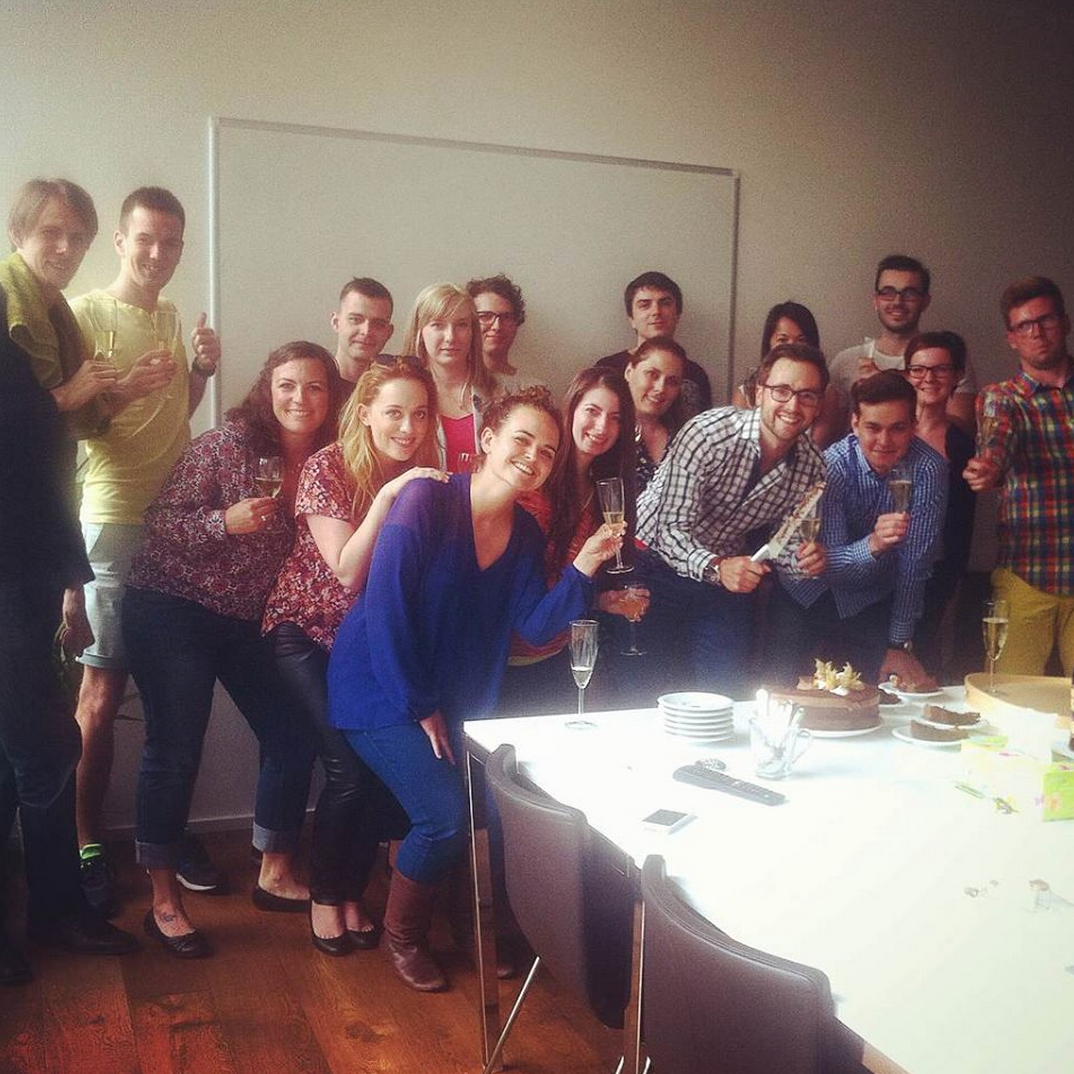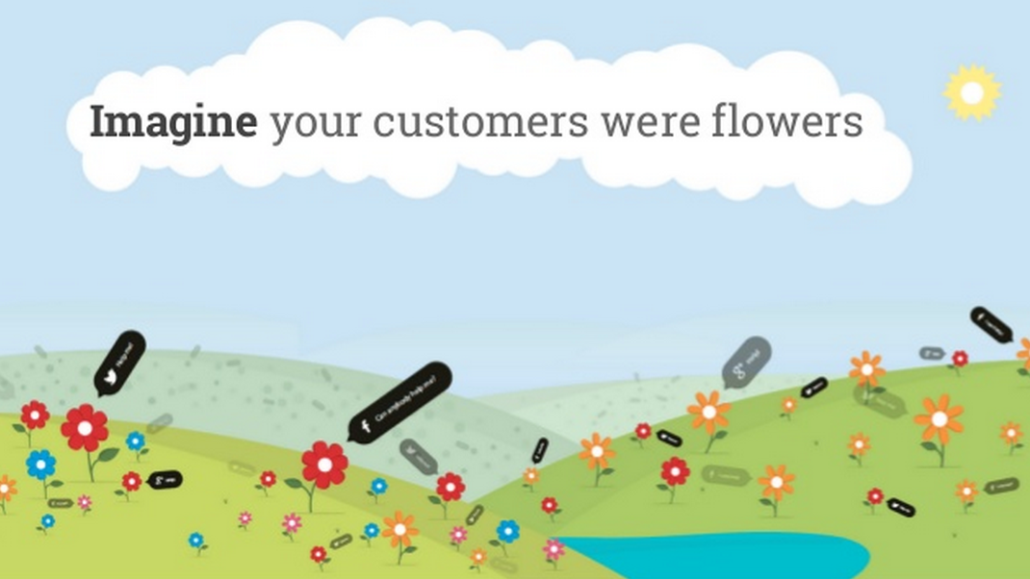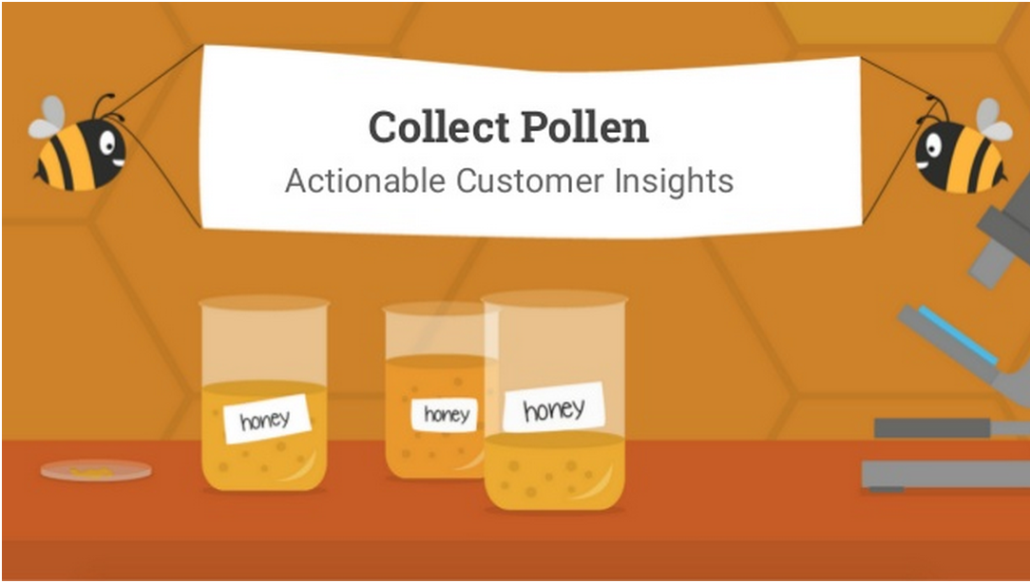The StartupYard Startup Reading List
If you follow us on Twitter, you probably know that StartupYard is constantly sharing great content with our followers. Internally, we also keep a “reading list” of items we think our startups should read before, during, or after the program. This is the StartupYard Startup Reading List.
With a new acceleration round beginning next week, we thought we’d share the list we’ve compiled. It’s organized into Collections, Launch, Sales and Conversions, Retention, Growth, Marketing, and Free Stuff.
Under each item is a short extract from the link. If an extract wasn’t available, we added a short summary. Enjoy!
-The StartupYard Team
Collections:
http://startupstash.com/
40 categories of curated tools and tips for Startups. A must have.
http://marketingstack.io/
28 categories of curated Marketing advice and tips. A must have.
Launch
Quick and Dirty Guide to Launching your Startup in 2015
There are plenty of blogs out there that talk about paid advertising, social media, offline distribution, content marketing, SEO, SEM, e-mail marketing and so on. But I will be focusing on actionable items you can do to get your first 1,000 users in a weekend’s time and with less than $500 of investment.
16 Startup Metrics
We have the privilege of meeting with thousands of entrepreneurs every year, and in the course of those discussions are presented with all kinds of numbers, measures, and metrics that illustrate the promise and health of a particular company. Sometimes, however, the metrics may not be the best gauge of what’s actually happening in the business, or people may use different definitions of the same metric in a way that makes it hard to understand the health of the business.
The apps that help you bootstrap | Highfive
Wouldn’t it be nice to have a business idea today, and have that business up and running tomorrow? With today’s apps it’s totally doable.
Sales And Conversions
Complete SAAS Guide to Calculating and Optimizing Lifetime Value
Getting new customers is good. Keeping a customer and getting them to continue paying is better.
Conversion Optimization Psychology
Why are contrasting buttons effective? Why should you use 1st person CTA wording?Why (and when) are trust symbols effective?
Conversion Rate Optimization: Startup Growth Lessons
Some call it – *cough* – growth hacking. Others call it optimization. But what we’re all talking about, really, is crazy smart, innovative, results-driven, product-focused marketing that has an outsized impact on your company’s growth and bottom line.
Retention
Hooked Retention
How GrowthHackers(.com) Uses “The Hook Model” to Foster Incredibly High Member Retention
Why You Need Cohorts to Improve Your Retention
You need to dig deeper into your app using a method called cohort analysis. That’s how you’ll identify how well your users are being retained and the primary factors that will drive growth for your app. Here’s how the most experienced and analytical product people like Siqi go beyond your standard cohort analysis to do it.
Growth is Good, but Retention is Forever: 500 Startups VIDEO
A video from 500 Startups on Retention, and why it is eventually more important than growth.
Growth
The Ultimate GrowthHacking SourceBook
30,000 words of modern-day growth hacking strategies for the discerning SaaS growth hacker.
SaaS Metrics 2.0 – A Guide to Measuring and Improving what Matters
This article is a comprehensive and detailed look at the key metrics that are needed to understand and optimize a SaaS business. It is a completely updated rewrite of an older post.
43 lessons growing from $0 to $1+ million in revenue, twice
I realized the other day that we’ve grown from $0 to $1 million with two separate products (HelloSign and HelloFax). This happened a long time ago, but I was recently reflecting on the lessons.
Growth Hacking: VIDEO, Neil Patel
Pierre Lechelle: Growth Hacking Strategy
When thinking about Growth, most people think about CRO (Conversion Rate Optimization) on the ToFu (Top of the Funnel). They don’t really understand what is the power of Growth.
How segment models growth for two sided marketplaces
Frameworks help us organize and understand the world, and data helps us stay focused and monitor progress. So, it’s no surprise we use them both to help us project future growth and figure out how to hit our lofty goals.
Build a Growth Machine Like Andy Johns
Andy Johns has had the good sense to ride not one, but FOUR rocket ships. He has been a key member of the growth team at…
13 Growth Hacking Techniques You Can Apply Right Now
Growth hacking is the idea that an entrepreneur can take a clever non-traditional approach to increase the growth rate and adoption of his or her product by ‘hacking’ something together specifically for growth purposes. Most startups find themselves facing the same problem: they build a product that no one ends up using. Say you have…
Video: 10 Habits of High-Growth Startups by Sean Ellis – GrowthHackers
Sean’s talk at the DEMO Traction Conference.
The Ultimate List of B2B Growth Hacks
Marketing
How We Addressed our Main Content Marketing Pain by Outsourcing to Freelancers
Today I’d like to share with you one of the biggest marketing struggles we experienced at Ivalua, the previous company I worked for and where I handled Marketing for over 2 years: content creation – and how we overcame it leveraging freelance writers.
Why You Need to Create a Content Marketing Strategy
The most popular digital marketing mantra in recent years has been “Content is King”, and while the mantra itself may be a touch overused, it is by no means inaccurate. Now more than ever it’s incredibly important to create a content marketing strategy and make it your your own unique content marketing strategy if you hope to drive traffic and boost brand awareness from online channels.
Persuasive Writing Techniques
Design, SEO, and advertising can only get you so far. If you want to accelerate sales online, you need persuasive copy. According to Harvard Business professor Gerald Zaltman, 95% of our purchase decision occurs in the subconscious mind. Most marketers ignore how our brains work and fight against human psychology.
SEO Tools
153 succint reviews of SEO tools, by Brian Dean
Paddle: App Marketing Ebook
Paddle’s guide to app marketing explores the techniques developers can adopt to drive more downloads and grow their apps.
The science behind killer landing pages
A great list of the essential elements of a landing page, and why certain types of things work for conversion.
ViperChill’s Private Niche Project
A fascinating, if amoral, view of online marketing and networking building
What Startups Need to Know About Content Marketing
With content marketing, you can educate and engage potential clients while differentiating your company and positioning it as an industry leader.
The definitive guide to lead generation Facebook ads
In marketing, lead generation is the generation of consumer interest or inquiry into products or services of a business. For the purpose of this article, lead generation refers to the generation of consumer interest. A list of qualified leads is a priceless asset for your company. It’s cheap to build and works great for every kind of business, including “boring” B2B companies.
CopyWriting Tips
- Which words do you choose?
- How do you frame the offer?
- How can you sell without appearing sleazy?
5 Smart Ways To Use Retargeting To Drive Leads In B2B Marketing
Creative ways to use retargeting ads to improve lead generation. Learn how B2B marketers target site visitors based on funnel stage, industry and email contact information.
How to Win Trust from Google and Rank Well
If your website isn’t trusted by Google, you’re basically consigned to the lowly, deep dark depths of search results pages ten and onwards.
A simple SEO guide in 2015 (Infographic)
Is SEO really a harder game to play as KunoCreative’s Dan Stasiewski put it in this excellent SEO guide infographic?
Investment
A map and List of Investors in Europe
TechStars created a map and list of 300+ investors who routinely invest in Seed, Series A or Series B rounds raised by European startups. All in all, it totals about €15 billion worth of funds.
Amy Guttman: Don’t write business plans: Advice for startups from one of silicon valley’s top seed investors
1. Don’t write business plans; instead build prototypes & test them with customers.
2. Don’t create five-year revenue projections; create 12-month expense projections.
3. Do create marketing plans, but focus on unit economics and metrics/analytics of:
a. what customers cost to acquire,
b. what products cost to build/deliver,
c. how much customers generate in revenue and when
4. Test and iterate on your assumptions — turn your business plan into a business metrics dashboard of KPIs, and continue to measure and improve every week.
5. Don’t run out of cash. Check your monthly burn rate, cash in the bank; figure out your remaining runway and try not to get below six months of cash.
The Guide to Finding an Angel Investment
This guide is indispensable for all wanna-be Business Angels and those entrepreneurs seeking Angel Investment! It contains best practices and practical tips culled from Busi- ness Angels around the world. It is a must-ready, easy-to-read, and great-read for all those private investors interested in playing a major role in the early-stage investment eco- system and those entrepreneurs interested in attracting Business Angel Investment.”
– Candace Johnson, President, EBAN (Europe)
Horror Story: How to Build a Unicorn From Scratch and Walk
A cautionary tale about keeping your priorities in order as a startup founder. Great read!
Social Media
15 New Social Media Templates to Save You Even More Time
Our best list of social media templates for scheduling, organizing, analyzing, and sharing better and faster than ever before.
80 Twitter Tools for Almost Everything
Twitter is chaos, but in the midst of this beautiful mess is a ton of data that if you can understand
What You Need to Know About Open Graph Meta Tags for Total Facebook and Twitter Mastery
Marketers create a lot of content. Yes, content is king, but a king is powerless without followers. So, what’s the first thing that comes to mind when you want to reach a broader audience with your awesome new post?
Facebook Data Study Insights
The Facebook pages that are doing wonderfully well with likes, shares, and comments on their posts have so much to teach about new tactics and worthwhile strategies. Our friends at BuzzSumo analyzed 500 million (!) of these Facebook posts, and we’ve learned some amazing takeaways that you can implement on your page today.
Free Stuff
The Design Freebies List
Free Stock photos
A collection of sites that offer with-attribution, or free to use images for your startup. Always check the terms on individual sites before using an image!
https://blog.bufferapp.com/free-image-sources-list
https://www.pexels.com/
Meta-Search for GNU Public and Free Stock Images




